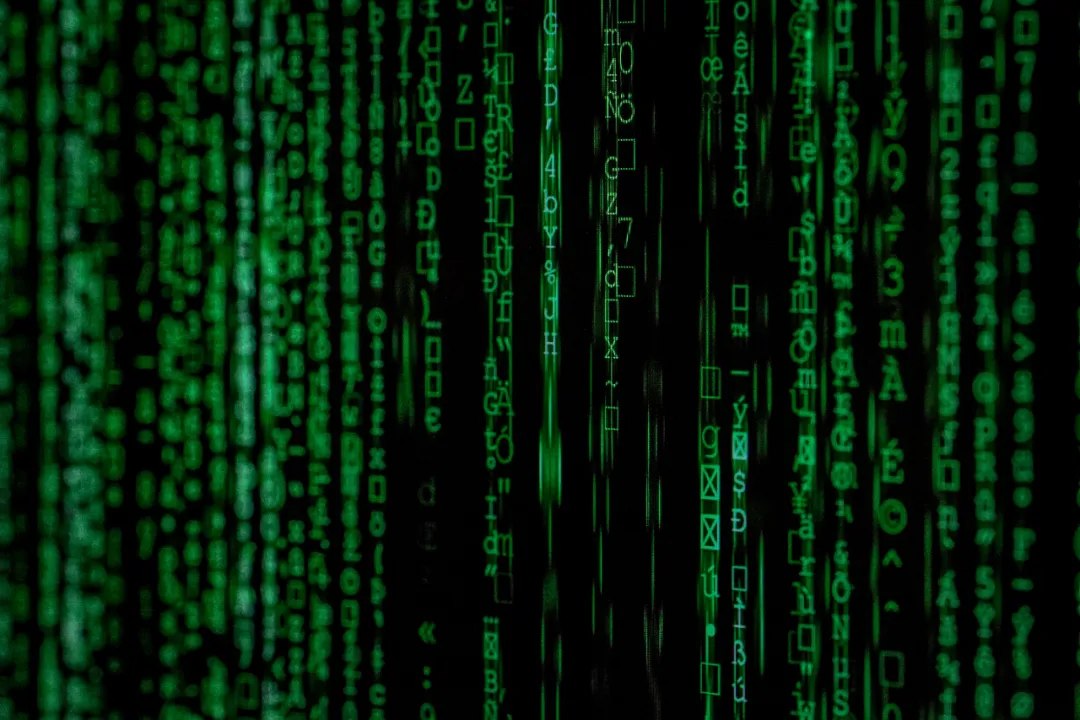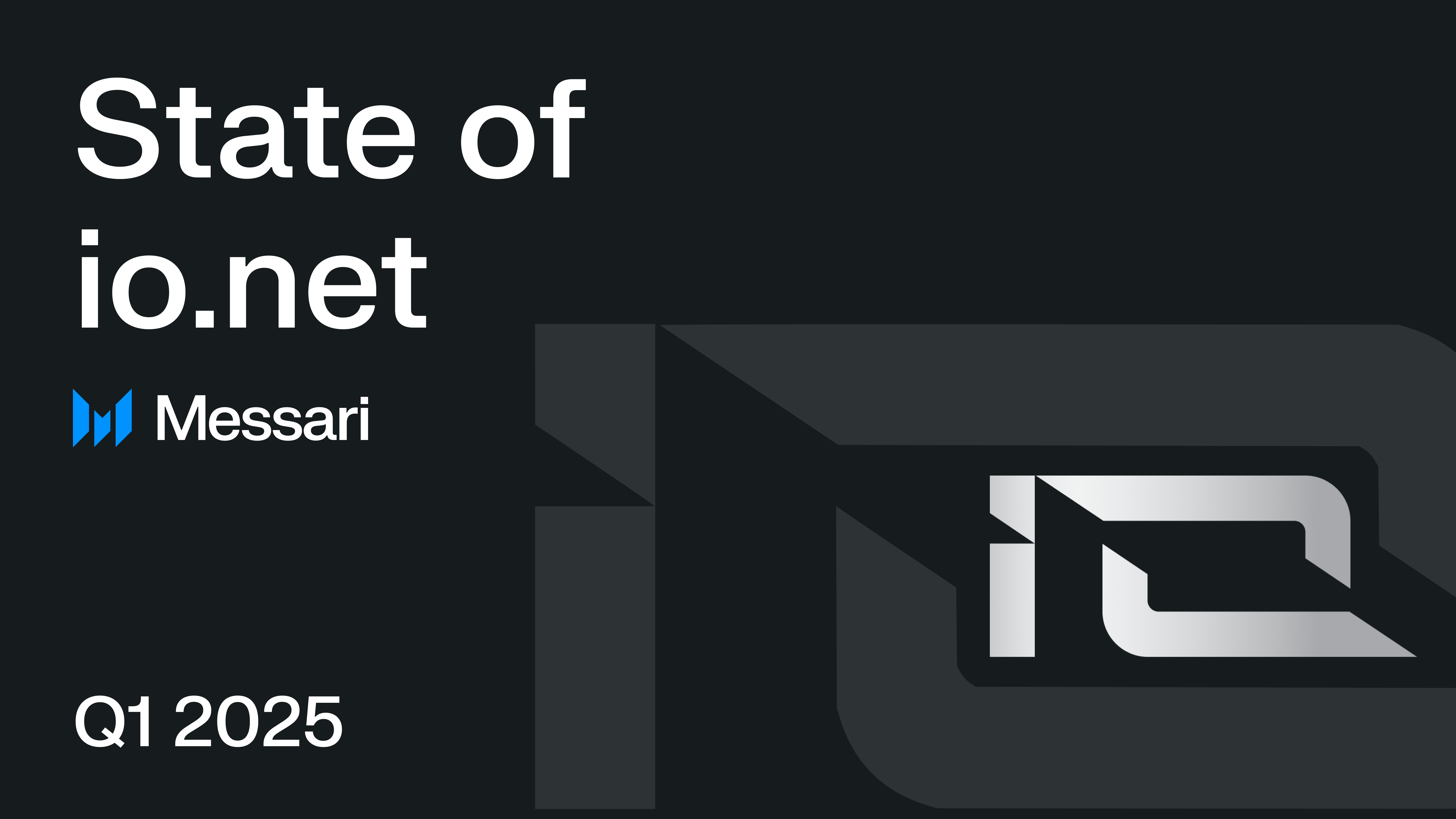Exploring the Potential of DEPIN in Web3

In the rapidly evolving landscape of Web3, DEPIN, or Decentralized Physical Infrastructure Networks, is gaining significant attention. This innovative concept leverages the principles of decentralization to transform fragmented resources into valuable services. Amira Valliani, head of DEPIN at the Solana Foundation, emphasizes that DEPIN enables individuals to contribute their idle resources, such as WiFi bandwidth or data collection capabilities, to create a collaborative infrastructure. Projects like HiveMapper and Helium exemplify this model, allowing users to earn tokens by sharing their resources, thereby democratizing access to essential services that were previously dominated by large corporations.
The relationship between DEPIN and artificial intelligence (AI) is particularly noteworthy. As AI technology continues to advance, the demand for real-world data is skyrocketing. DEPIN serves as a vital data collection network that can provide the necessary information for AI applications, such as self-driving cars and delivery robots. By utilizing decentralized networks, DEPIN can gather data more efficiently and cost-effectively than traditional methods. This synergy between DEPIN and AI not only enhances the capabilities of AI systems but also opens new avenues for decentralized AI projects, challenging the dominance of major tech companies.
Looking ahead, Valliani predicts that DEPIN could evolve into a trillion-dollar industry, driven by the maturation of development tools, the increasing demand for real-world data due to AI advancements, and the influx of practical entrepreneurs into the Web3 space. As DEPIN lowers the barriers to entry for individuals to participate in infrastructure development, it creates new job opportunities and empowers ordinary people to engage in the digital economy. For those who missed the early days of Bitcoin and Ethereum, DEPIN presents a promising opportunity to get involved in the next wave of technological innovation.
Related News





